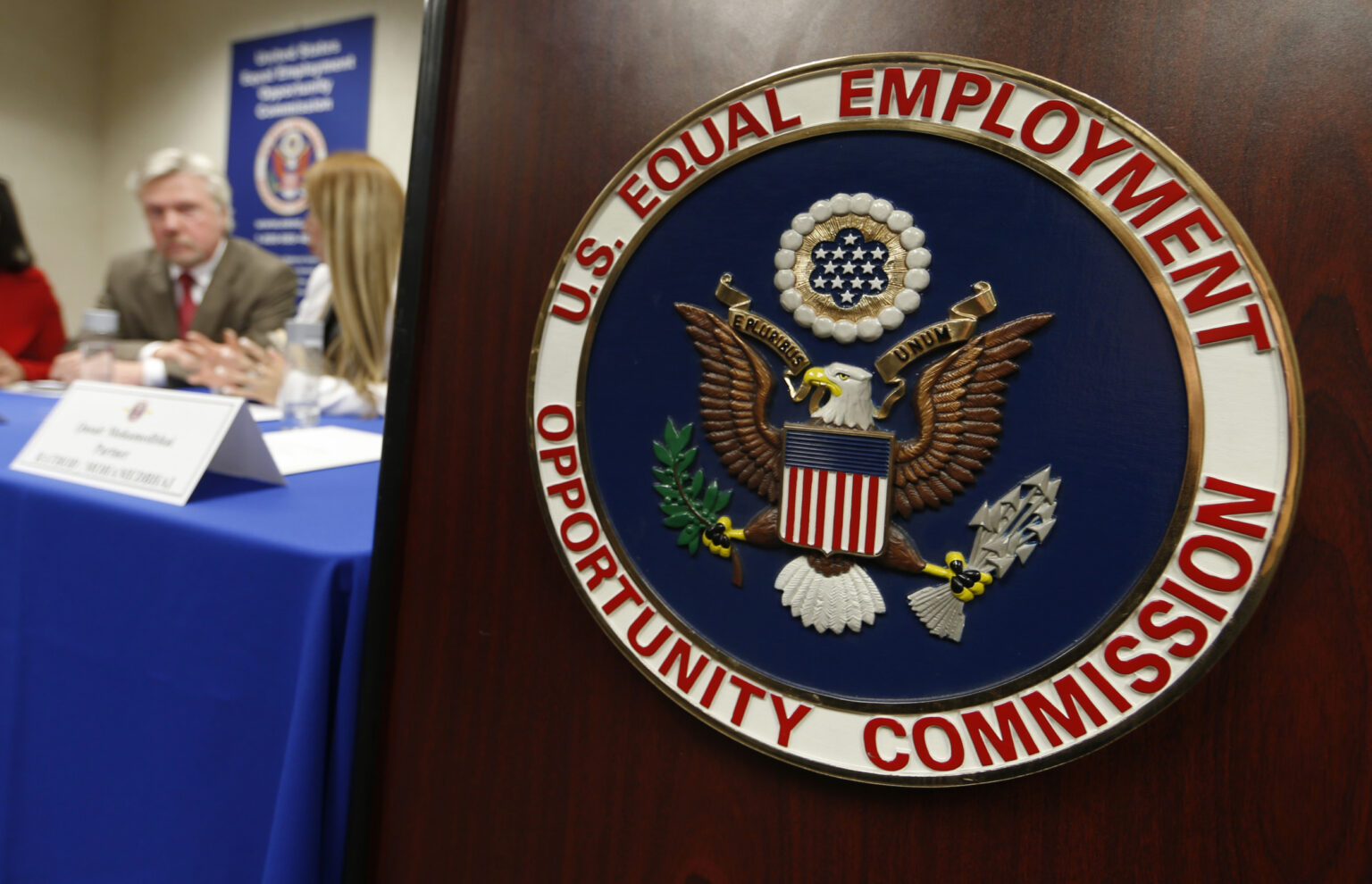A federal judge in Louisiana struck down a key provision of a regulation that required U.S. employers to provide workplace accommodations for abortions, marking a significant win for conservative lawmakers and religious groups opposed to expanding abortion-related protections.
On Wednesday, U.S. District Judge David Joseph ruled that the Equal Employment Opportunity Commission (EEOC) overstepped its authority when it included abortion under the list of pregnancy-related conditions in its implementation of the Pregnant Workers Fairness Act (PWFA).
The PWFA, passed in December 2022 with broad bipartisan support, was designed to strengthen protections for pregnant workers by requiring employers with 15 or more employees to provide reasonable accommodations for conditions related to pregnancy, childbirth, and related medical needs.
However, when the EEOC released its rules earlier this year—including abortion as a covered condition—it ignited backlash from Republican lawmakers and sparked lawsuits. In his decision, Judge Joseph wrote that had Congress intended to include abortion, “it would have spoken clearly,” especially given the sensitive and contentious nature of abortion in American society.
The case was brought by the attorneys general of Louisiana and Mississippi, along with the U.S. Conference of Catholic Bishops, Catholic University, and two Catholic dioceses. Judge Joseph, appointed by President Donald Trump, sided with plaintiffs who argued that including abortion intruded upon states’ rights and exceeded the scope of the statute.
“The EEOC has exceeded its statutory authority to implement the PWFA and, in doing so, both unlawfully expropriated the authority of Congress and encroached upon the sovereignty of the Plaintiff States under basic principles of federalism,” he wrote.
The ruling invalidates only the section of the EEOC’s regulation related to abortion; the broader protections for pregnant workers remain intact. The original intent of the law was to close a long-standing gap in workplace protections that left many pregnant employees—especially those in low-wage jobs—without accommodations for medical needs. While the 1978 Pregnancy Discrimination Act bans firing workers for being pregnant, it does not require accommodations, leading many to work in unsafe conditions or take unpaid leave.
Advocates condemned the ruling as a setback for reproductive rights. “This court’s decision to deny workers reasonable accommodations for abortion-related needs is part of a broader attack on women’s rights and reproductive freedom,” said Inimai Chettiar, president of A Better Balance, the advocacy group that led efforts to pass the PWFA. Louisiana Attorney General Liz Murrill, meanwhile, celebrated the outcome, calling it “a win for Louisiana and for life.”
The decision comes amid broader upheaval at the EEOC, where Trump recently dismissed two Democratic commissioners, eliminating the agency’s quorum. His nominee, Brittany Panuccio, awaits Senate confirmation. Acting EEOC Chair Andrea Lucas, who opposed the abortion provision, has vowed to revise the rules once the agency regains a voting majority.
This article contains reporting by The Associated Press.
Read the full article here

